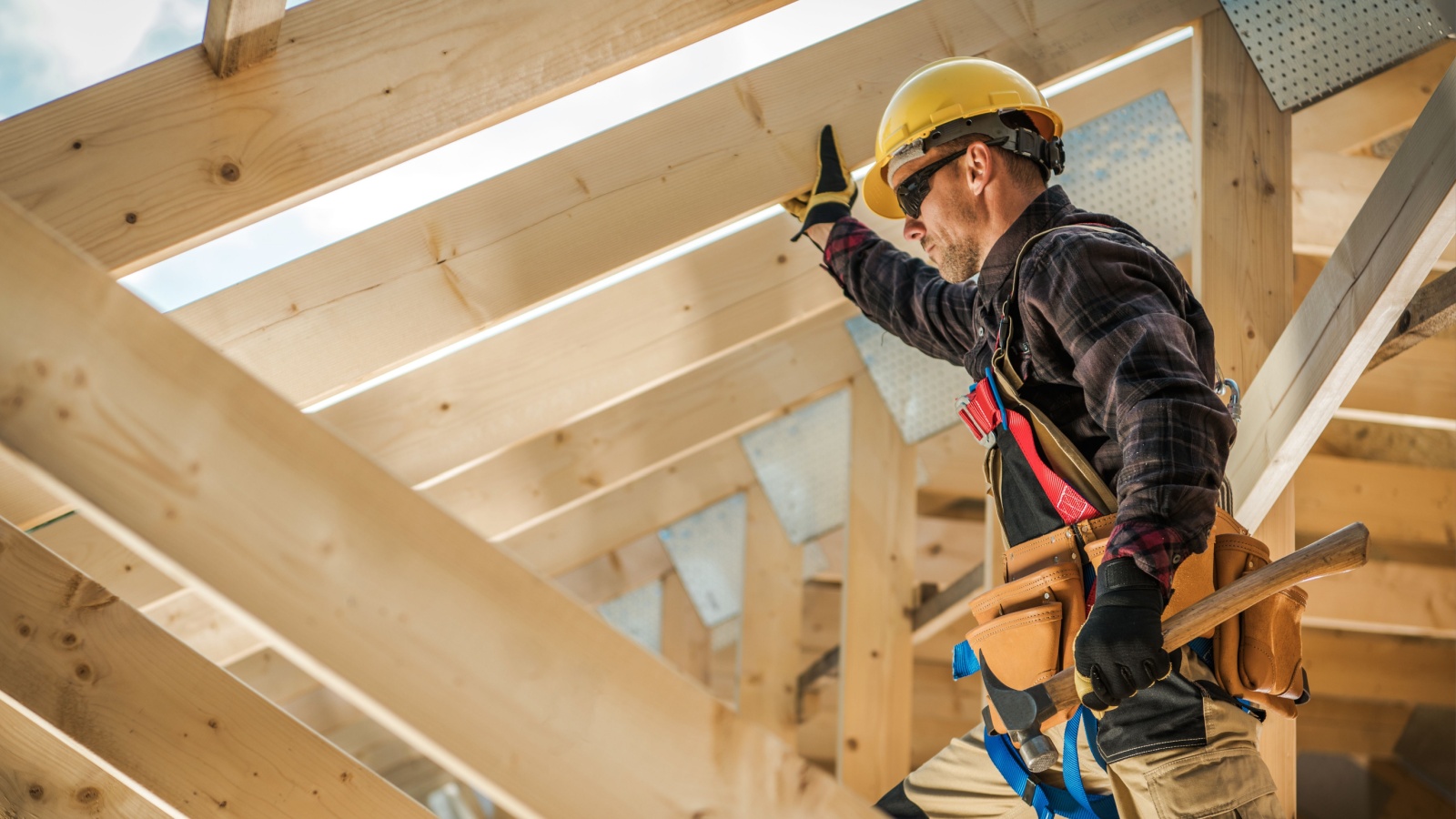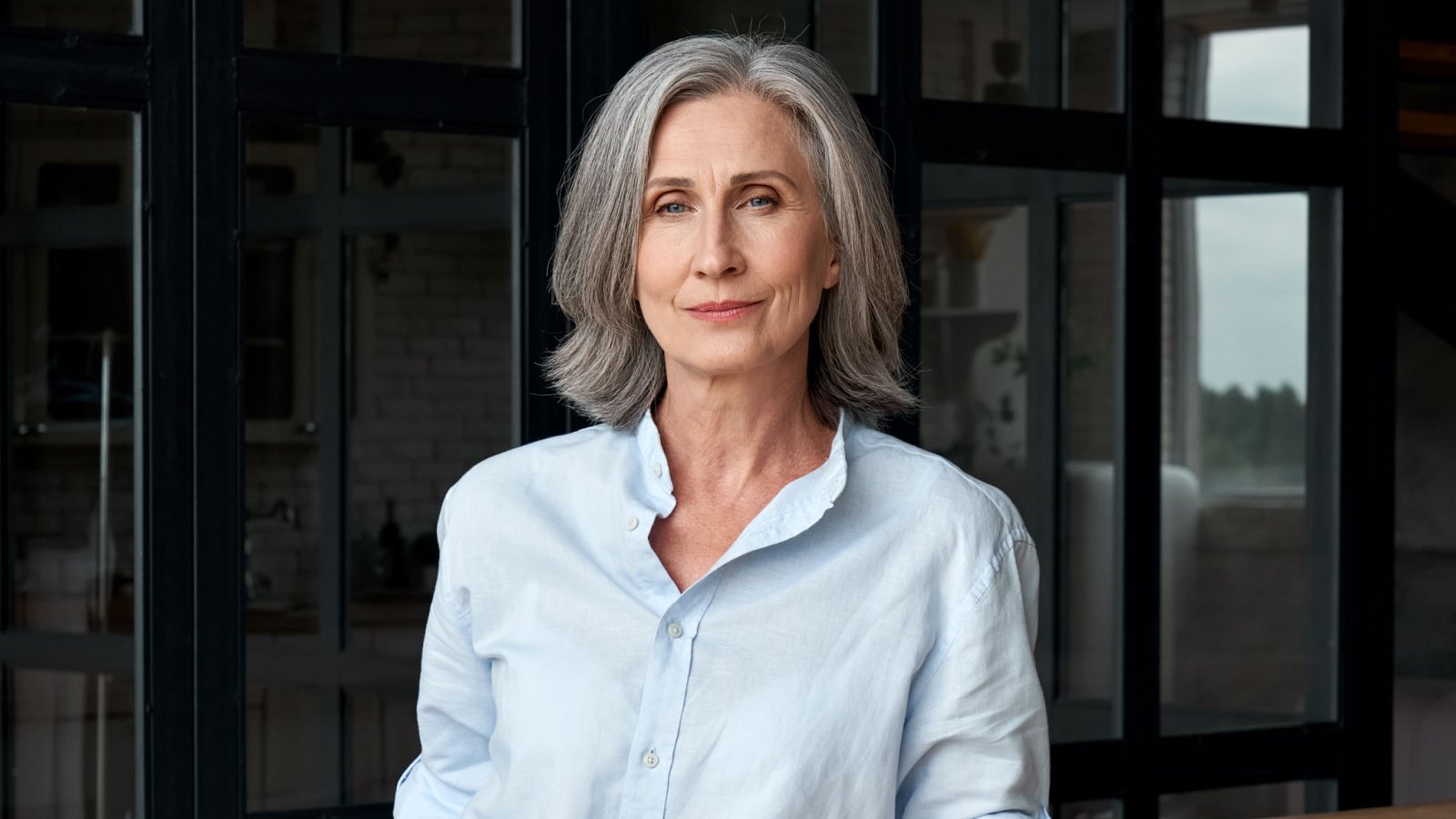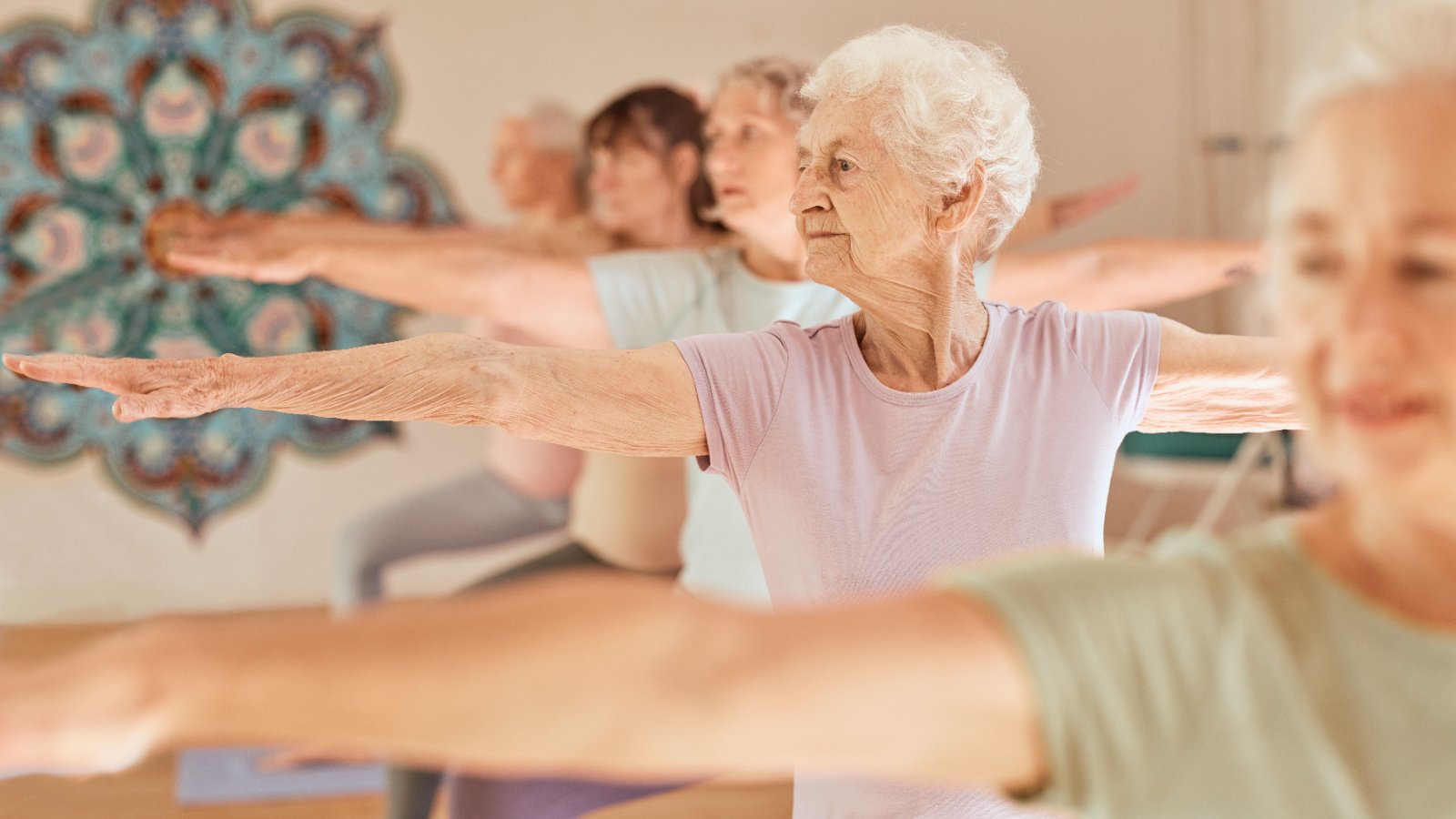Once we reach a certain age, there are things we can no longer tolerate. From wasting time to unnecessary drama, let’s look at the practices we no longer have patience for when we’re old enough to receive senior discounts at the movies and an AARP card in the mail.
Loud Music

As people age, their tolerance for loud music often wanes. The once thrilling sound of a live concert or blasting stereo can become a source of irritation rather than enjoyment. It’s not just a matter of taste changing; it’s about seeking comfort over excitement.
Late Nights

The allure of staying up late loses its charm as people get older. Pushing through to the early hours becomes less appealing when the body starts demanding more rest. A good night’s sleep becomes far more valuable than a late-night adventure.
Fast Food

Fast food’s convenience and taste slowly lose their appeal with age. People start to prioritize health over quick fixes, noticing the effects of a poor diet on their body and energy levels. The shift towards healthier options becomes a natural progression.
Trendy Clothing

Keeping up with the latest fashion trends becomes less important as people age. Comfort and personal style take precedence over fleeting fashion statements. There’s a growing appreciation for quality pieces that last longer.
Drama

The drama of relationships and social circles becomes less tolerable with age. Older individuals often seek peace and stability, valuing straightforward and genuine connections. The energy for unnecessary drama dwindles.
Impulse Buys

The thrill of impulse purchases fades as people become more financially savvy and future-oriented. There’s a greater appreciation for saving and investing in meaningful experiences or items rather than spontaneous spending.
Neglecting Health

Ignoring health warnings becomes increasingly unacceptable with age. Regular check-ups, a balanced diet, and exercise become non-negotiable priorities. The realization that good health is not a given prompts more preventive measures.
Wasting Time

The value of time becomes ever more apparent as people age. Wasting it on unfulfilling activities or with insincere people feels more like a loss. There’s a stronger desire to spend time meaningfully, with loved ones or pursuing passions.
Skipping Meals

The habit of skipping meals becomes less viable as metabolism changes and the importance of nutrition becomes clearer. Regular, balanced meals become essential for maintaining energy levels throughout the day.
Ignoring Technology

The reluctance to keep up with technology fades as the benefits of staying connected and informed become undeniable. Older individuals find value in learning new digital skills, recognizing that technology can enhance daily life and keep them engaged with the wider world.
Noise Pollution

Sensitivity to noise pollution increases with age, making once tolerable environments like busy city centers less desirable. The search for tranquility leads to a preference for quieter, more serene settings.
Discomfort

Tolerating physical discomfort, whether from fashion choices like high heels or outdated mattresses, becomes a thing of the past. Comfort becomes king, influencing decisions from furniture to footwear.
Procrastination

The habit of procrastination becomes less acceptable as the awareness of time’s value grows. There’s a push towards efficiency and making the most of the present. Goals and tasks are approached with a newfound urgency.
Excessive Screen Time

The acceptance of excessive screen time decreases as people seek more fulfilling ways to spend their hours. There’s a conscious effort to reduce digital consumption in favor of real-world interactions and experiences.
Superficial Relationships

The tolerance for superficial relationships fades, with a growing desire for deeper, more meaningful connections. Quality becomes far more important than quantity when it comes to friendships and relationships.
Ignoring Mental Health

Neglecting mental health becomes increasingly unacceptable. The importance of maintaining mental and emotional well-being is recognized, with a greater openness to seeking help and practicing self-care.
Settling for Less

Settling for less than what one deserves, whether in relationships, careers, or personal goals, becomes less tolerable. There’s a stronger sense of self-worth and a refusal to compromise on key aspects of life.
Overcommitting

The tendency to overcommit and stretch oneself too thin is reevaluated. There’s a greater emphasis on balance and saying no to preserve energy and focus on what truly matters. The fear of missing out is replaced by the joy of missing out on stress and burnout.
Poor Posture

Ignoring posture and the physical effects of poor ergonomics becomes a non-starter. The link between physical well-being and daily habits like sitting and sleeping positions is taken seriously.
Taking Risks Without Reward

The willingness to take unnecessary risks without clear rewards diminishes. Decisions are made with more caution and consideration, weighing potential outcomes against real benefits. The pursuit of thrill is balanced with the wisdom of experience.
Ignoring the Environment

Indifference towards environmental issues becomes unacceptable. There’s a heightened awareness of one’s impact on the planet, leading to more sustainable choices and practices. The responsibility to contribute to a healthier environment is embraced.








